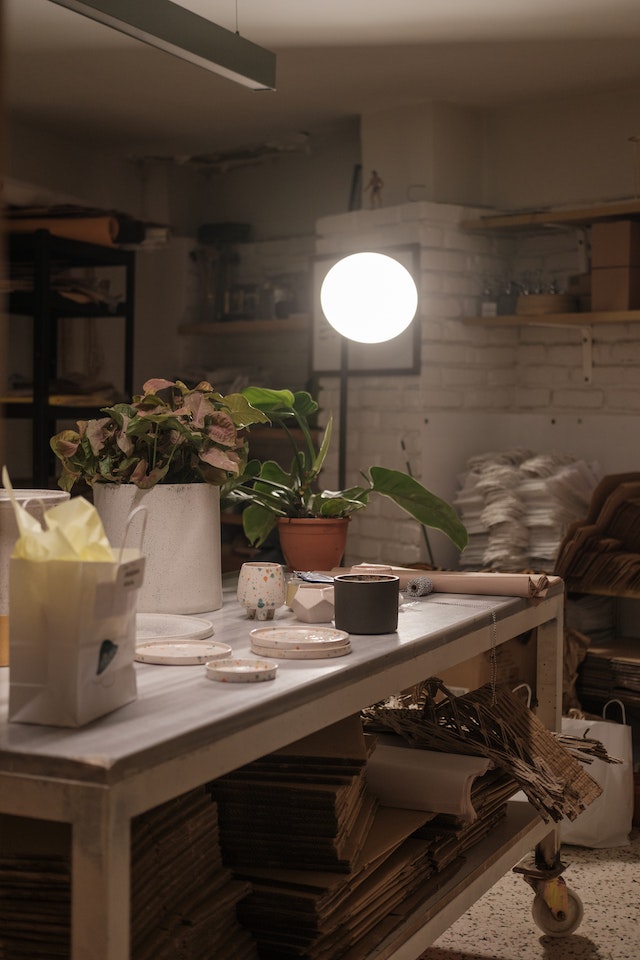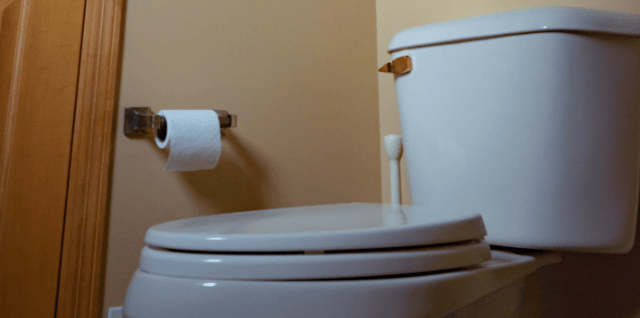 The average person will make many large investments throughout their lifetime. From furniture to personal vehicles to houses, big expenses can eat up our savings, making us feel a little wary about keeping what we bought in good condition so as not to lose additional money. This is especially true for a home, with a plethora of things that can go wrong that will result in further expenditures and difficult financial decisions.
The average person will make many large investments throughout their lifetime. From furniture to personal vehicles to houses, big expenses can eat up our savings, making us feel a little wary about keeping what we bought in good condition so as not to lose additional money. This is especially true for a home, with a plethora of things that can go wrong that will result in further expenditures and difficult financial decisions.
One such expense that every homeowner will probably face at some point in their lives is water damage restoration.
Causes of Water Damage
With plumbing, appliances, and other systems that use water throughout the home, or even unpredictable weather, many scenarios can result in water damaging your property and possessions. A burst pipe after the pipe freezes, leaking plumbing, sump pump failure, ice dams, broken dishwasher, heavy rain, or clogged drain could all result in water collecting in your home where it should not.
When this disaster occurs, your first question might be “how much is this going to cost?” Fortunately, homeowners insurance could play a part in covering the cost of restoration.
Does Homeowners Insurance Cover Water Damage?
Water damage is generally covered under a homeowners insurance policy, but there are exceptions to the rule. Whether or not you can file a water damage insurance claim will depend solely on the cause of the damage. Let’s take a look at a few scenarios and whether or not they would be covered by a standard homeowners insurance policy.
Broken Pipe
Most burst pipes cause accidental leaks. Since the plumbing system in your home is hard to access, it can be difficult to know exactly when a pipe bursts and what caused it. Your home insurance will probably cover water damage in this scenario to your possessions and building materials.
Leaky Sink
If your sink springs a leak all of a sudden, it may or may not be covered. Routine maintenance is expected for an incident to be a covered peril, and if you have failed to make a repair when you should have, the damage may not be covered by your insurance company.
Broken Appliance
If an appliance breaks, and it is not due to user error or failure to perform proper maintenance, then most homeowners insurance policies should cover the resulting damage.
What is Flood Insurance?
This is an important distinction to make. While homeowners insurance will cover most types of internal water damage, so long as it is not the fault of negligent behaviors, flooding is not a covered peril under these circumstances.
If you live in an area with a high water table or near bodies of water, it probably makes more sense to purchase flood insurance, which is a separate policy. This type of policy will specifically cover flood damage. When you are not sure what is covered by homeowners insurance, contact your insurance carrier to find out what water damage will fall under your policy. You can purchase this type of coverage from the National Flood Insurance Program.
What About Rain Damage?
If heavy rain results in water entering your home, this is another scenario that may be covered by a homeowners policy, depending on how it got it. If there are damaged shingles that caused a leak, this would probably not be covered. Other gradual problems like this would fall outside of the limits of most standard home insurance policies. But, if a tree branch falls and breaks a window, letting rain get in suddenly and accidentally, this would be a covered peril in most cases. Just remember that rain does not necessarily fall under the umbrella of a flood insurance policy.
Does a Standard Homeowners Insurance Policy Cover Possessions?
It depends on the type of policy you have. To make sure that you can replace your ruined possessions after water damage occurs, you could purchase a personal property coverage plan as a separate policy. As long as the loss is sudden and accidental, this policy can help you replace your belongings.
Preventing Water Damage in Your Home
Though a standard homeowners insurance policy or even a plan from the National Flood Insurance Program would cover the costs of many types of water damage, the best defense against paying for these issues is prevention. Try these preventative measures to protect your investment.
Keep Up with Routine Maintenance
Maintaining your home and all the systems within is the best defense against water damage. You don’t want a preventable incident to occur that leaves you hoping that a home insurance policy will cover the loss. Take care of small leaks or malfunctions and replace old plumbing systems when they need them. Make sure washing machines are working effectively. Also, take care of insulation and old building materials so there are no unwanted openings in your home where water can enter or collect.
Extract Moisture When You Notice it
If you ever see signs of moisture collecting in your home, act immediately to extract the water. You can use wet vacuums, fans, dehumidifiers, pumps, or other equipment to dry the area. Doing so will help prevent mold from growing in the damp spaces in your home. Otherwise, you may have to invest in mold remediation services to prevent harmful contaminants from affecting the air quality.
Take Care of Your Water Heater
Water heaters are a common culprit of water damage. Your goal should be to prevent sediment buildup in the tank, which can cause corrosion and an eventual leak. You can drain water heaters by opening the drain valve at the bottom every once in a while so that sediment buildup is reduced.
Keep Drains Clear
Clogged drains can cause overflows that result in water damage to your bathroom, kitchen, or the floors beneath these areas. Clearing up clogged drains should become a regular practice, and take action when you first notice that drainage has slowed in these fixtures.
Consider Water Damage Restoration Services
When water destroys parts of your home or your possessions, the restoration process can be stressful. Instead of trying to repair the damage yourself, contact a Portland water damage restoration company near you to take care of the affected area.
Since many types of accidental water damage are covered by homeowners insurance, you can choose a restoration service that will work with your insurance company to figure out billing. Contact your insurance agent soon after the incident to discuss filing your insurance claim and find out what falls under the umbrella of your coverage plan.
Then, get in touch with water restoration specialists to return your property to its pre-loss condition.


